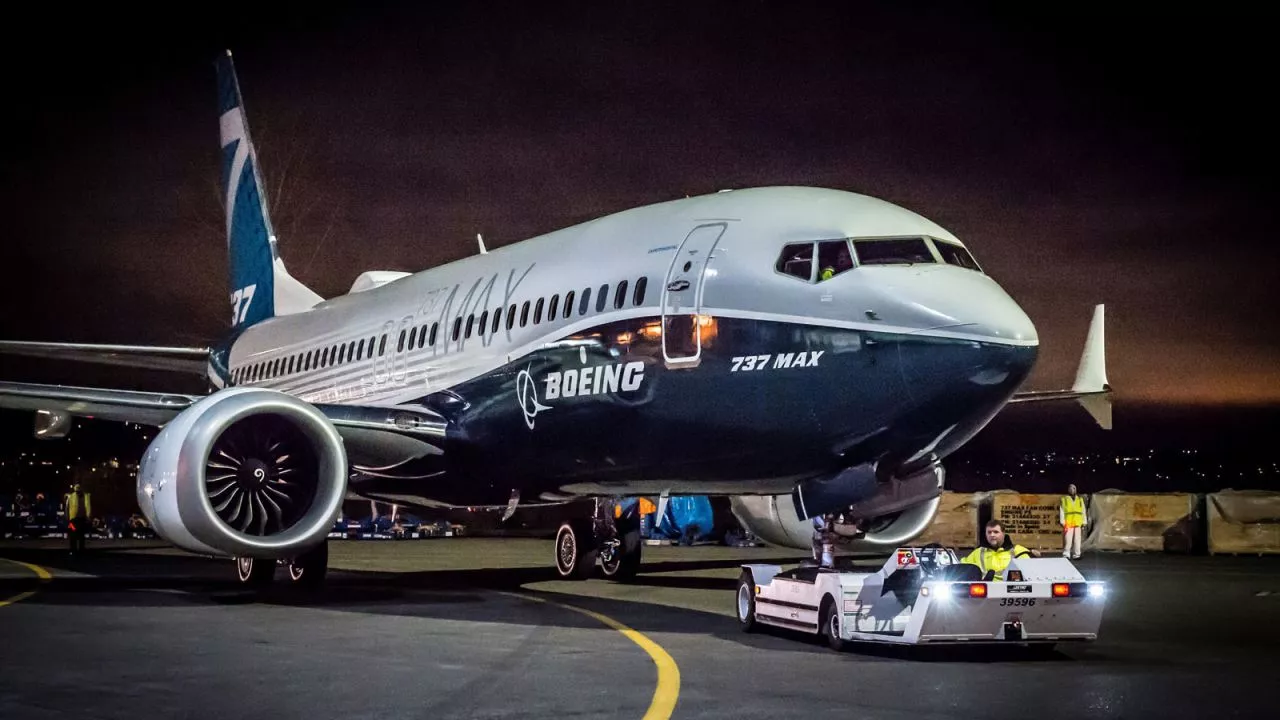Some engineers for the Federal Aviation Administration wanted to ground the Boeing 737 Max soon after a second deadly crash, but top officials in the agency overruled them, according to a government watchdog.
The inspector general of the Transportation Department said in a new report that FAA officials wanted to sort out raw data about the two crashes, and held off grounding the plane despite growing international pressure.
The inspector general’s office said that it reviewed emails and interviewed FAA officials.
The investigation “revealed that individual engineers at the Seattle (office) recommended grounding the airplane while the accident was being investigated based on what they perceived as similarities between the accidents.”
But FAA officials at headquarters in Washington, D.C., and the agency’s Seattle office opted not to ground the plane. “Instead, they waited for more detailed data to arrive,” the watchdog said in the report, which was dated Wednesday.
The first Max crash occurred in October 2018 in Indonesia and was followed by the second in March 2019 in Ethiopia. In all, 346 people died.
The FAA was the last major aviation regulator to ground the Max. It did not let the planes operate again until late 2020 after Boeing altered a flight-control system that autonomously pointed the plane’s nose down before both crashes.




